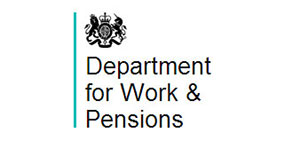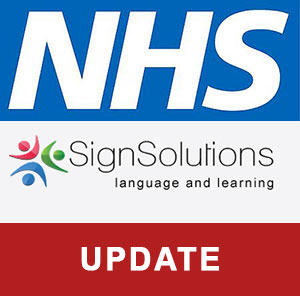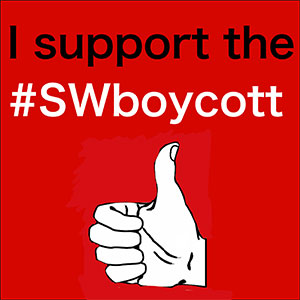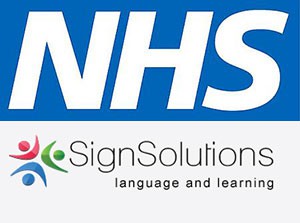Stronger together
NUBSLI are passionate about, and committed to, supporting trainee and newly qualified BSL/English interpreters, as well as those with more experience. Being a freelance trainee interpreter carries with it a huge amount of pressure; Should I take that job? What should I charge? What’s the best way to work with agencies? How do I make sure I’m working safely? And, whilst qualifying is a huge milestone, you may have many of the same questions, along with even greater expectations that you should just say yes to everything, because you’ve qualified.
It can be extremely daunting to be out there working on our own, more so when you’re so new to the industry. Similarly, it can also be daunting to re-locate and maintain work as a freelance interpreter, or make the change from being a staff interpreter to freelance.
So, in response to requests from members, NUBSLI want to make sure that no one needs to be working on their own, whether training, newly qualified, or making the transition from in-house to freelance, we have set up a new initiative: Buddying.
Buddies are experienced colleagues volunteering their time, providing someone to ask all ‘those’ questions, when they need to be asked. Buddying is simply a way of bringing people together to share their interpreting expertise and develop a self-sustaining network of support, intended to complement formal mentoring and supervision.
Trainee or newly qualified?
We can buddy you up with a more experienced interpreter to provide an additional layer of support. A fellow interpreter with whom to build a network, who can answer questions and provide guidance drawing on their own experiences. Email us: tibuddy@nubsli.com
Qualified and moving from in-house to freelance work?
We can buddy you up with another qualified interpreter who has experience as a freelancer to offer guidance during that transition. Email us: tibuddy@nubsli.com
Qualified interpreter and want to offer support?
In these turbulent times within our industry we all must take responsibility for ensuring all of our trainee, newly qualified and more experienced colleagues feel encourage and supported.
Get in touch and we can tell you more and get you buddied up and supporting a colleague. Each and every one of us has the opportunity now to support our new and trainee cohorts, and we are calling out to you all to get involved.
Email us: tibuddy@nubsli.com
After all, we are stronger together.




